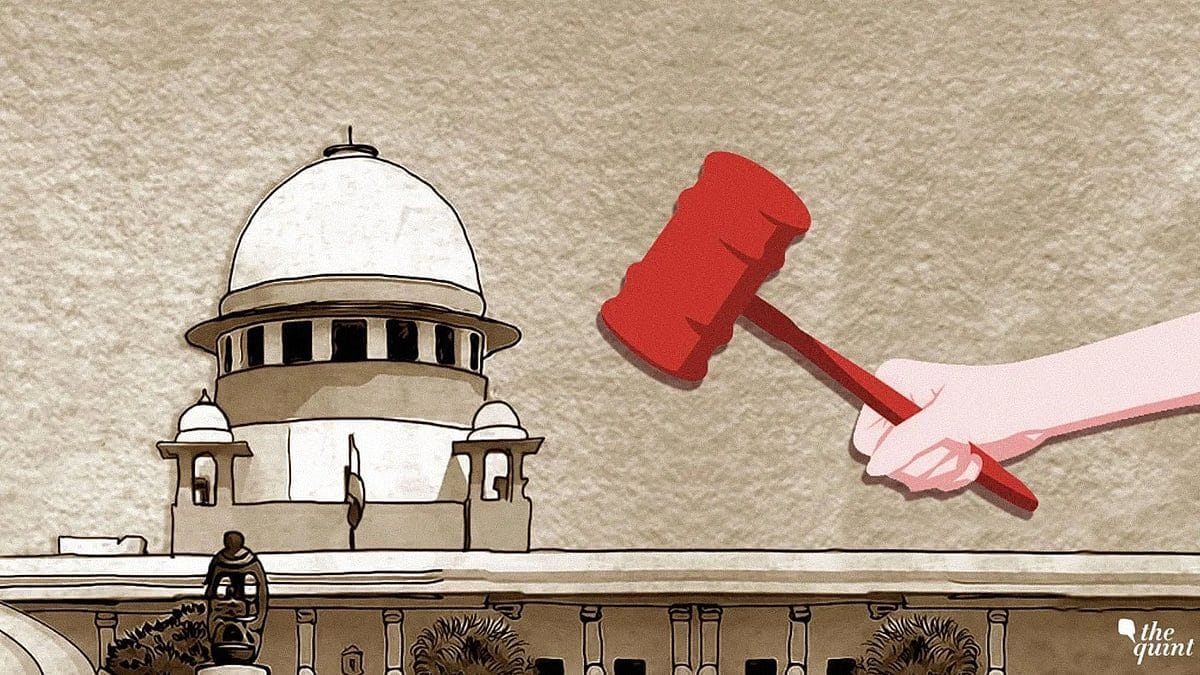
The Supreme Court of India on Friday, 18 July 2025, set aside a criminal case against Mala Choudhary and her daughter-in-law, finding that pursuing such proceedings would be abuse of process and harassment of a family member in a family dispute. The Court reiterated criminal law could not be employed to resolve personal scores and resorted to well-established principles under Section 482 of the Criminal Procedure Code (CrPC).
Facts
FIR was filed on a complaint by Mala Choudhary’s daughter-in-law (wife of Mala’s son) for cruelty, harassment for dowry, and illegal conduct under Sections 498A, 506, and other IPC sections. When an FIR was filed, Mala Choudhary and her daughter-in-law (also Mala) approached the High Court for quashing of proceedings on the basis that they were falsely implicated.
Telangana High Court refused quashing of FIR. The appellants contended before the Supreme Court that the FIR rested on vague, omnibus allegations unsupported by definite overt acts committed by them. Further, there was no prima facie material to sustain prosecution.
For any queries or to publish an article or post or advertisement on our platform, do call at +91 6377460764 or email us at contact@legalmaestros.com.
Arguments
The appellants’ counsel submitted that the proceedings were retaliatory and driven by matrimonial discord. They had greatly depended upon the Supreme Court’s verdict in State of Haryana v. Bhajan Lal, establishing categories wherein FIRs might be quashed to avoid miscarriage of justice.
The respondents (State of Telangana and the complainant) argued that quashing at the initial stage would derail justice and that the police should be permitted to carry out their investigation.
Judgment
The Supreme Court granted leave to appeal. Citing Bhajan Lal and following precedents such as Geeta Mehrotra v. State of UP (2012), the Court held that the charges were vague, not specific, and seemed to be an afterthought. The court added that additional prosecution would amount to judicial harassment, especially when no material evidence was unearthed linking the appellants to the alleged crimes.
For any queries or to publish an article or post or advertisement on our platform, do call at +91 6377460764 or email us at contact@legalmaestros.com.
The Court invoked its inherent jurisdiction under Section 482 CrPC to order the quashing of the FIR, emphasizing that criminal complaints must not be converted into tools of vendetta in domestic matters.
Analysis
This decision reiterates judicial assurance of protection against abuse of criminal law in family lives. It reiterates judicial discretion under Section 482 CrPC and provides checks against frivolous and retaliatory complaints, namely, wives or female relatives of the husband.
This ruling is an expansion of the judicial principles laid down in Bhajan Lal, where the Supreme Court laid down seven heads under which FIRs could be quashed.
For any queries or to publish an article or post or advertisement on our platform, do call at +91 6377460764 or email us at contact@legalmaestros.com.
The present case fits within at least two of them: (i) when the allegations are manifestly absurd or improbable and (ii) where criminal proceedings are manifestly attended with mala fide intention.
The Court’s prudence in safeguarding innocent family members from the onus of prolonged trial reaffirms the necessity for cautious preliminary examination in such matters. It also contributes to an emerging line of judgments balancing the safeguard of women under Section 498A IPC with the rights of the accused against false implication.
Coram
Justice B.R. Gavai
For any queries or to publish an article or post or advertisement on our platform, do call at +91 6377460764 or email us at contact@legalmaestros.com.
Justice Sandeep Mehta
References
• State of Haryana v. Bhajan Lal 1992
• Mala Choudhary & Anr. v. State of Telangana & Anr.,Criminal Appeal No(s). of 2025
For any queries or to publish an article or post or advertisement on our platform, do call at +91 6377460764 or email us at contact@legalmaestros.com.






![Research Assistantship @ Sahibnoor Singh Sindhu, [Remote; Stipend of Rs. 7.5k; Dec 2025 & Jan 2026]: Apply by Nov 14, 2025!](https://legalmaestros.com/wp-content/uploads/2025/11/Gemini_Generated_Image_s0k4u6s0k4u6s0k4-768x707.png)
![Karanjawala & Co Hiring Freshers for Legal Counsel [Immediate Joining; Full Time Position in Delhi]: Apply Now!](https://legalmaestros.com/wp-content/uploads/2025/11/Gemini_Generated_Image_52f8mg52f8mg52f8-768x711.png)